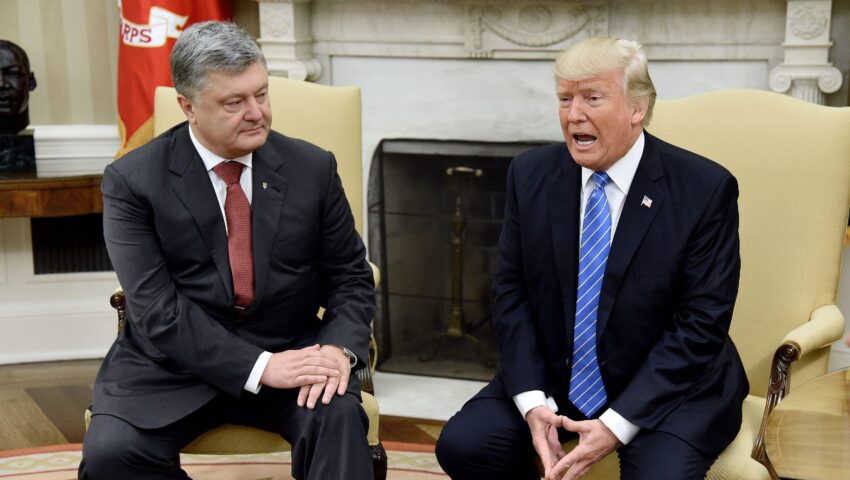Trump’s Envoy Discusses Need for Concessions in Ukraine Peace Talks
In a recent interview, Keith Kellogg, Donald Trump’s envoy to Ukraine, emphasized that for effective negotiations to take place between Kyiv and Moscow, both parties must be willing to make concessions. Kellogg, a retired lieutenant general who recently visited Ukraine, shared his insights during a broadcast on Fox News, stating, “I believe both sides will concede a bit.” He noted that Ukrainian President Volodymyr Zelensky has suggested a potential softening of his position regarding territorial claims, while Russian President Vladimir Putin must also be prepared to alter his stance.
Historically, Zelensky has been firm in resisting any territorial compromises with Russia, which currently occupies a substantial area of southeastern Ukraine. Nevertheless, increasing losses on the battlefield and the uncertainty surrounding ongoing U.S. support have intensified the pressure on him to reconsider. On the other hand, Russia has been adamant about securing guarantees that Ukraine will not pursue NATO membership, complicating the path to negotiations.
Putin’s Stance on Peace Talks and Zelensky’s Legitimacy
On Tuesday, President Putin indicated that Russia would be open to engaging in peace talks with Ukraine. However, he expressed skepticism about direct discussions with Zelensky, labeling him as “illegitimate” due to the expiration of his presidential term. This claim arises from Ukraine’s ongoing martial law, which has prevented the holding of elections during the war. Kellogg pointed out that such measures are constitutionally permissible in Ukraine, yet Zelensky countered by suggesting that Putin’s refusal to negotiate stems from his own fears.
The issue of legitimacy adds another layer of complexity to the negotiation process. Zelensky’s administration has maintained that they are prepared for dialogue, but the question of who represents Ukraine in these discussions remains contentious. The international community watches closely, as the dynamics between the two leaders could either pave the way for peace or prolong the conflict.
Trump’s Commitment to Resolving the Conflict
In his recent remarks, Kellogg conveyed Trump’s strong desire to expedite a resolution to the ongoing conflict, stating, “Trump wants to get it done.” He exuded confidence that negotiations could yield tangible results, suggesting a timeframe of months rather than years. This declaration raises hopes among supporters of a swift end to the nearly three-year-long war, although specific strategies from Trump on how to achieve this have yet to be detailed.
Since taking office on January 20, Trump has indicated a willingness to impose stricter sanctions on Russia if necessary, signaling a tough stance that could influence the negotiation landscape. Furthermore, he has reiterated that Zelensky is prepared to engage in talks, suggesting a potential shift in dynamics that could lead to a breakthrough in peace efforts.
The International Implications of U.S. Involvement
The ongoing situation in Ukraine has significant implications for international relations, particularly concerning U.S. involvement. As the conflict continues, the United States has been grappling with the balance between supporting Ukraine and managing relations with Russia. The prospect of renewed negotiations led by a U.S. administration under Trump could redefine the boundaries of this complex geopolitical landscape.
Moreover, the U.S.’s commitment to Ukraine’s sovereignty and territorial integrity remains a crucial factor in the discussions. The outcome of these negotiations will not only impact Ukraine and Russia but could also reverberate through NATO and other alliances, shaping global security policies in the years to come.







